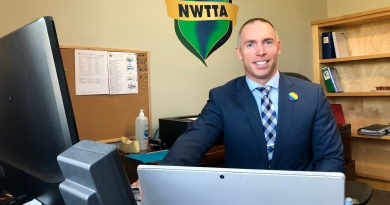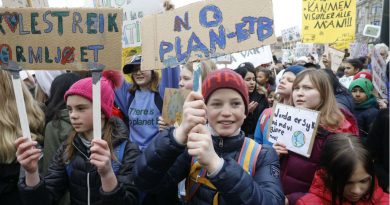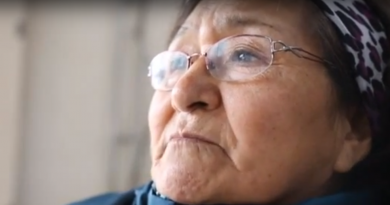‘More important than ever that the Arctic community meets together’ – Arctic Frontiers
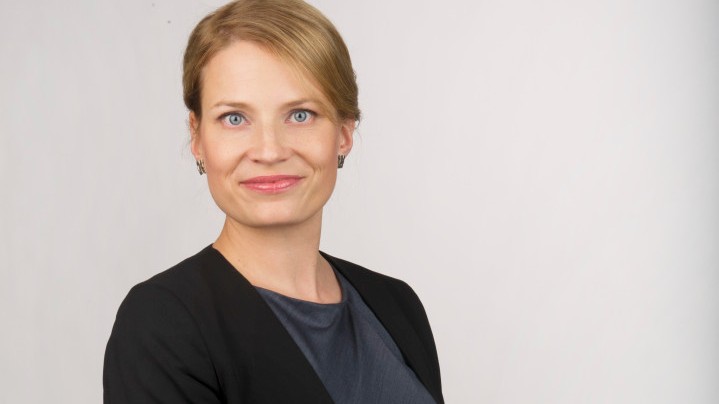
Discussions among Arctic nations have long been marked by their emphasis on cooperation and the importance of facing shared challenges together. But in this year’s edition of Arctic Frontiers, a major theme running through the sessions is, amidst the current geopolitical tensions, how does the international community do that now?
Arctic Frontiers is held annually in the Arctic Norwegian city of Tromso and is one of the most important northern-themed conferences. It regularly draws foreign ministers, Indigenous leaders, politicians, business people, scientists and academics to its events.
This year’s edition of the conference is the first since the Russian invasion of Ukraine and the decision of the Arctic Council, the major cooperation forum for the eight Arctic countries, to pause its work in response.
Other major cooperation forums like the Barents Euro-Arctic Council, the Nordic Council of Ministers and the Council of the Baltic Sea States have also suspended activities with Russia.
‘Challenges facing region haven’t gone away’
With everything from science, to environment, to business cooperation affected, and after two years of the pandemic, the executive director of Arctic Frontiers says it’s more important than ever that the Arctic community can meet in person.
“Even though collaboration on many levels has been paused, the massive challenges facing our region, the need for scientific collaboration and monitoring, the issues and opportunities we still have to deal with, those haven’t disappeared,” Anu Fredrikson said in a phone interview.
“We believe it’s of utmost importance that the Arctic family is able to gather again, and try to start carving a pathway forward to work on some of the issues we share, even in this extremely challenging geopolitical situation.”
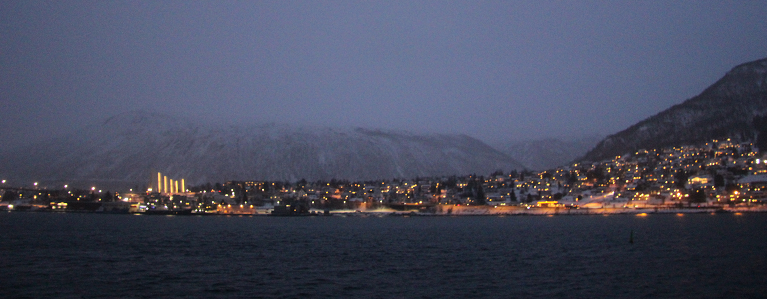
Among the speakers at this year’s conference are U.S. arctic officials James DeHart, the US Department of State’s coordinator for the Arctic Region, and David Balton, executive director of the White House Arctic Executive Steering Committee.
Others addressing the conference include Anniken Huitfeldt, Norway’s Foreign Minister; Johanna Sumuvuori, Finland’s state secretary to the minister of Foreign Affairs; Greenland MP Aaja Chemnitz Larsen; and Sam Tan, special envoy for Arctic affairs for Singpore’s Ministry of Foreign Affairs.
Christina Henriksen, president of the Sami Council, who represents the Indigenous Sami in Norway, Sweden, Finland and Russia, will also speak at the conference.
No one from the Canadian government is speaking at this year’s event.
Economy, technology, climate and science also on the agenda
This year’s theme is ‘Pathways’, with sessions devoted to oceans, infrastructure, and the challenges and opportunities for the North as the world recovers from the pandemic.
“As we move towards post-COVID times, we wanted to look at what impact these global developments might have on the Arctic, everything from the green shift, to global post-pandemic economic recovery packages, to the energy transition,” Fredrikson said.
“Our intent when we create the program is always to combine different elements, so to bring in business people to have discussions with politicians, as well as local speakers and scientists. That’s where we think we get the really interesting discussions and see the type of overlap that we’re still really lacking in the Arctic.”
Arctic Frontiers runs May 8-11 and will take place both in person and online.
Write to Eilís Quinn at eilis.quinn(at)cbc.ca
Related stories from around the North:
Canada: Will Canada’s federal budget deliver for NORAD?, Eye on the Arctic
Finland: Finnish nuclear power developers kick out Russian partners, The Independent Barents Observer
Greenland: Polar opposites? Greenland’s new coalition government, Blog by Marc Lanteigne
Norway: Norway closes seaports and border to Russian traffic, The Independent Barents Observer
Russia: Russia proceeds with Arctic project as oil embargo looms, The Independent Barents Observer
Sweden: March to join NATO ‘moving faster in Finland than it does in Sweden’, says expert, Radio Sweden
United States: Arctic nations say they’re ramping up military spending as they meet with U.S. Senators, Alaska Public Media

